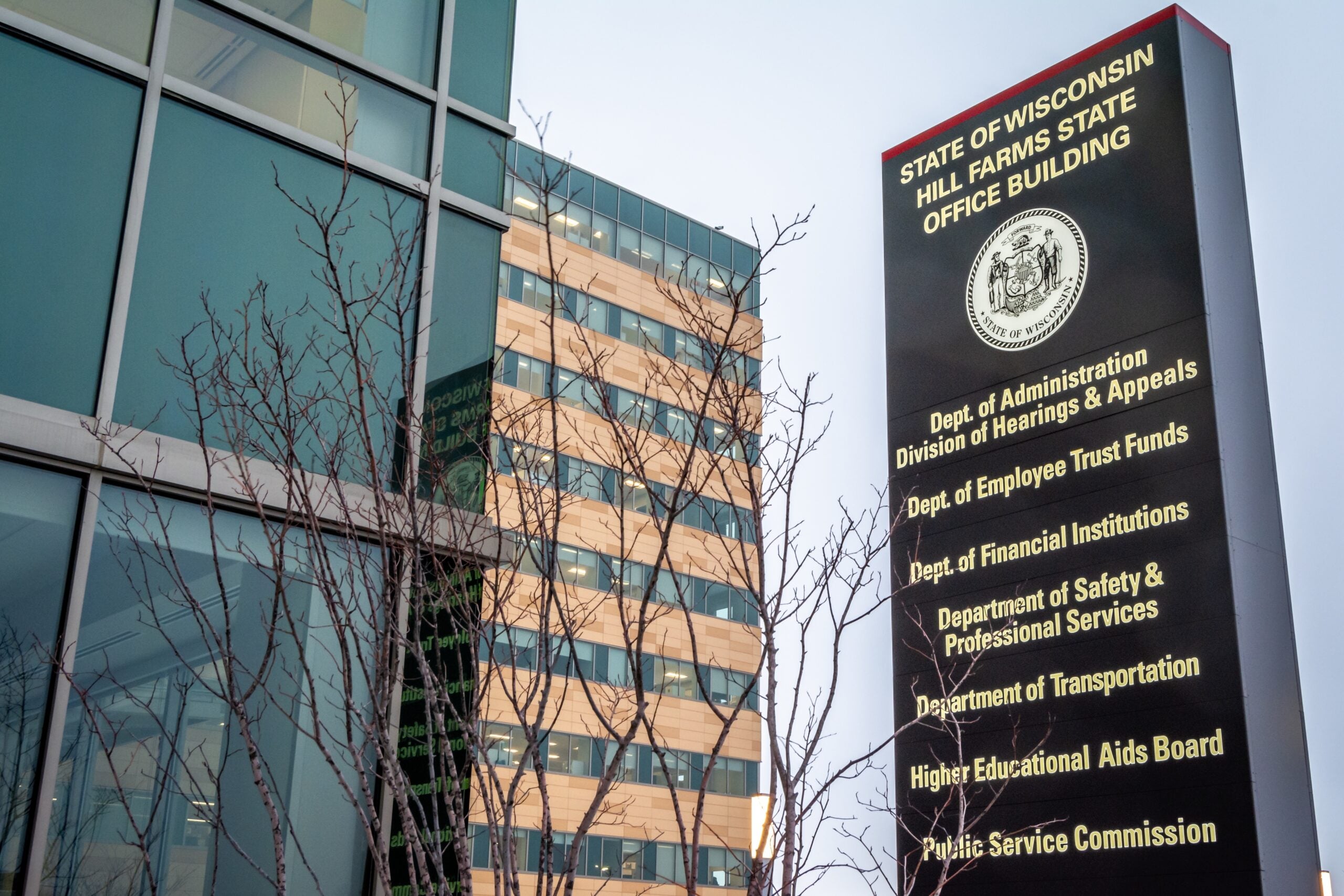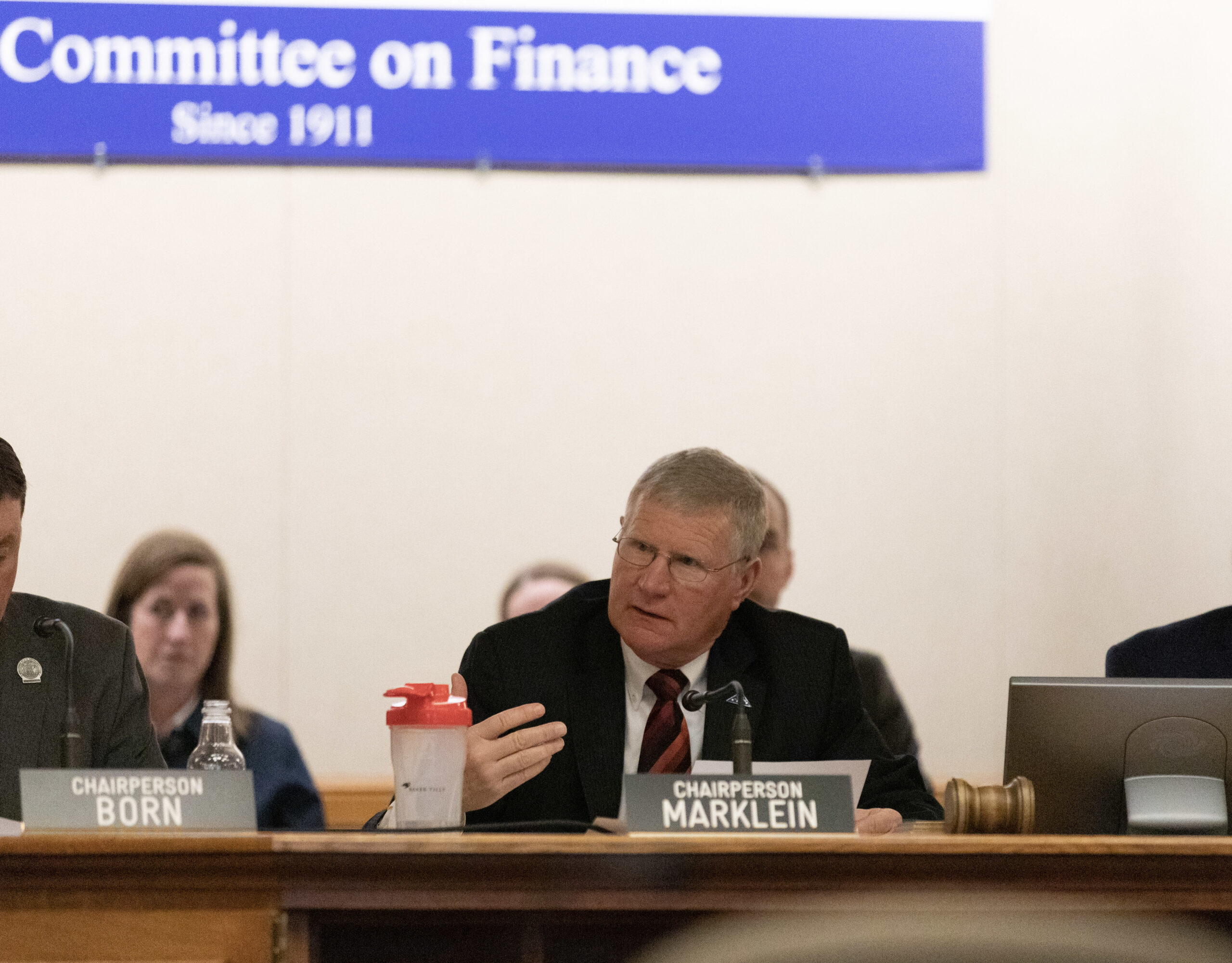The secretary for the Department of Safety and Professional Services told state lawmakers on Thursday that it’s making progress on a backlog of licenses for nurses and other professionals.
The agency currently has around 2,500 applications for licenses that are pending in Wisconsin, according to Secretary Dan Hereth. But he said the agency is making progress on the backlog, in February approving the largest number of licenses in a single month in the department’s history.
The department oversees more than 240 types of licenses for professions, including nurses, therapists and plumbers. The agency says its customer service center receives about 5,000 to 10,000 calls each week, and officials have blamed outdated technology, staffing shortages and inadequate funding for the backlog. The agency has around 240 employees, but not all of them are devoted to processing licenses.
News with a little more humanity
WPR’s “Wisconsin Today” newsletter keeps you connected to the state you love without feeling overwhelmed. No paywall. No agenda. No corporate filter.
Hereth told the Joint Committee on Finance Thursday that the time to respond to applications is now less than two weeks. That’s down from four to six weeks during the middle of last year.
“I still don’t believe that’s good enough,” Hereth said. “I believe we need to be under a week or better when responding to new information.”
Hereth added the average time to process applications and issue licenses is down to 38 days compared to 45 days when he took office and down from a high of about 80 days in recent years.
In February, Republican lawmakers ordered an audit of Wisconsin’s process for issuing professional licenses as people have waited weeks or months for the state to process their applications. Last year, GOP lawmakers pointed to delays at the agency as an example of Democratic Gov. Tony Evers’ failed leadership during his reelection campaign. Voters reelected Evers in November.
The governor is proposing to increase funding for the agency under the next two-year budget by nearly 24 percent or around $14.7 million and add nearly 80 positions.
Republican lawmakers on the committee, including Committee Co-Chair Rep. Mark Born of Beaver Dam, criticized the agency head Thursday for the delays.
“I’ve only been co-chair for about two-and-a-half years, but I also know from the way the phone rings in my office that the crisis, I would say, at your agency for folks trying to get licensed and get their plans back and the shambles that it’s been, it’s really been in the last couple of years,” Born said.
He questioned why Hereth didn’t seek out funding or more positions from lawmakers. Hereth, who has yet to be confirmed, took over as head of the agency last summer when former Secretary Dawn Crim left the department amid mounting backlash over delays.
Hereth said it was his understanding that “staff were not on the table” when a previous request was made.
“Since I took the seat here back in August, my focus has been on establishing productivity and ensuring that we’re moving the needle for the applicants and the most available asset for me at that time was contracted staff,” Hereth said.
Hereth said the agency used federal money to fund 22 contracted staff, but that’s anticipated to run out next year. The agency is seeking 14 full-time employees at its call center to meet demand for licensing. Since hiring contract staff, the center’s answer rate is now above 90 percent compared to 37 percent one year ago, according to Hereth. He noted outside staff costs the state about $11,000 more per individual.
Sen. LaTonya Johnson, D-Milwaukee, said the agency may not be struggling with staffing and resources to process applications if the Republican-controlled Legislature had approved previous spending requests from the agency and governor.
“We wouldn’t have this backlog of licenses,” Johnson said. “Our constituents wouldn’t be calling our offices.”
GOP lawmakers pushed back against those assertions, saying some but not all positions were funded under prior budgets. Since 2019, Evers has proposed adding 32 positions, but the agency only has six more positions than it had five years ago.
Some lawmakers questioned whether more contract staff could be hired and trained, as well as whether the agency could require mandatory overtime to alleviate backlogs.
Hereth pointed to the agency’s turnover rate, which he said is down 50 percent. Hereth noted the agency saw higher turnover and less productivity when it required mandatory overtime, but it’s still utilizing overtime at a lower rate.
Republican lawmakers also pressed for answers in instances where licenses were granted after their offices or the governor’s office became involved.
Sen. Mary Felzkowski, R-Irma, referenced one circumstance in which licenses were renewed for 10 anesthesiologists after a call to the governor’s office.
“It must be that all the paperwork, all the fees, everything was ready to go,” Felzkowski said. “Why did it take a call from the governor’s office to magically have those licenses renewed?”
Hereth responded that his goal is to be as responsive as possible to those calls. He reiterated the department has made strides in issuing licenses and decreasing review times.
“That doesn’t mean we’re going to stop,” Hereth said. “We need to keep augmenting with technology. We need to keep evaluating processes.”
In the meantime, the state’s audit of the agency will examine funding, staffing and the timeline for granting licenses. The probe will also explore how Wisconsin’s process compares to best practices elsewhere.
Wisconsin Public Radio, © Copyright 2026, Board of Regents of the University of Wisconsin System and Wisconsin Educational Communications Board.







